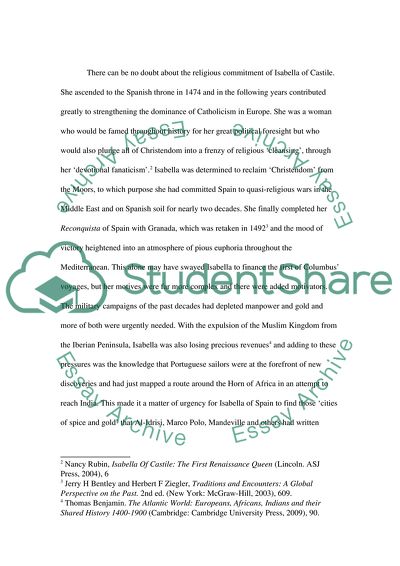Cite this document
(“What Part Did Religious Ideals Play In The Renaissance Voyages Of Essay”, n.d.)
Retrieved from https://studentshare.org/history/1576491-history-the-voyages-of-christopher-columbus
Retrieved from https://studentshare.org/history/1576491-history-the-voyages-of-christopher-columbus
(What Part Did Religious Ideals Play In The Renaissance Voyages Of Essay)
https://studentshare.org/history/1576491-history-the-voyages-of-christopher-columbus.
https://studentshare.org/history/1576491-history-the-voyages-of-christopher-columbus.
“What Part Did Religious Ideals Play In The Renaissance Voyages Of Essay”, n.d. https://studentshare.org/history/1576491-history-the-voyages-of-christopher-columbus.


